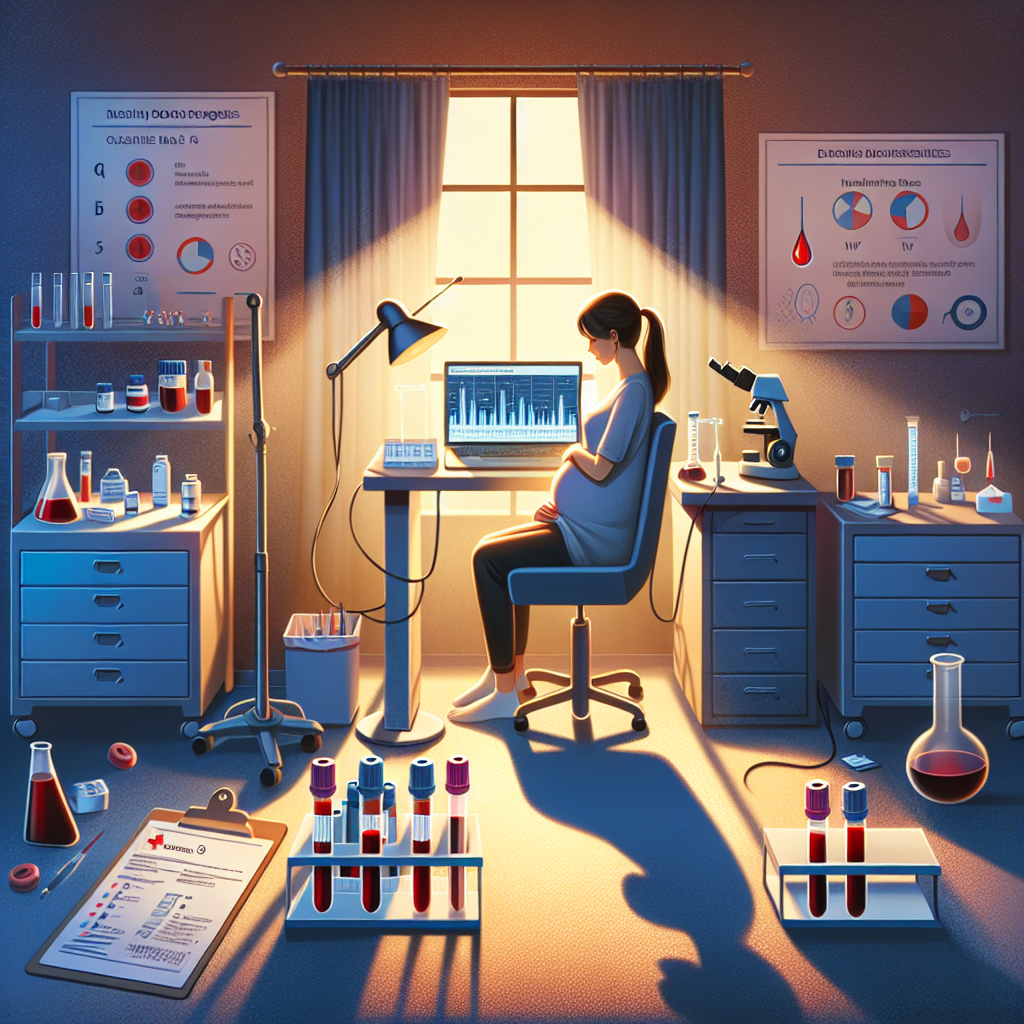Child Development: A Complete Guide to the Essential Stages
Having a child is a miraculous experience that brings a lot of joy and responsibility for parents. In trying to provide the best care possible, it is essential to understand the stages a child goes through from conception to adolescence. This article is intended to be a comprehensive guide to help you navigate through this complex process, focusing on key aspects of child development.
Conception and Pregnancy
The first step in a child's development begins with conception. It is the moment when the father's sperm fertilizes the mother's egg, thus forming a new unique organism. Within a few days, this organism will attach itself to the wall of the uterus and begin to develop.
During this period, regular blood tests are crucial to ensure the health of the mother and, implicitly, the growing child. These tests can reveal conditions such as anemia, gestational diabetes or infections that can affect the development of the fetus.
The first 12 months
After birth, there is a period of rapid growth and development. Children learn to move, eat, talk and interact with those around them. This stage is essential and parents can support development through stimulating activities and proper nutrition.
From 1 to 3 Years
This is the phase when the child begins to express himself more clearly and form his own thoughts. Encouraging exploration and providing a safe and stimulating learning environment is important. During this time, children begin to develop essential social skills, such as playing with other children and understanding the concept of turn.
From 3 to 5 years
Preschoolers are like sponges, absorbing information at an amazing rate. At this stage, children develop their language and cognitive skills through play and interaction. Parents and educators can support this development through various educational activities and by creating a positive learning environment.
Primary Schooling
With the start of school, the child goes through major changes. Reading, writing and math skills are developed along with problem solving abilities. Relationships with colleagues become more complex, forming deep friendships and learning about teamwork and cooperation.
Adolescence
Adolescence is a period of transition from childhood to adulthood, marked by physical, emotional and social changes. Teenagers struggle to find their own identity and independence. During this time, it is important for parents to maintain open communication and be understanding.
Conclusion
Each stage of child development is unique and comes with its own challenges and joys. As parents, it is important to educate ourselves and be present to guide and support our child's development. This guide serves as a starting point and a landmark in trying to better understand the complexity of the road we are walking together. For more information and resources, please visit our parenting section of the website or subscribe to our newsletter.
With patience, love and the right information, we can ensure a solid foundation for a happy and healthy future for our children.



















































































































































